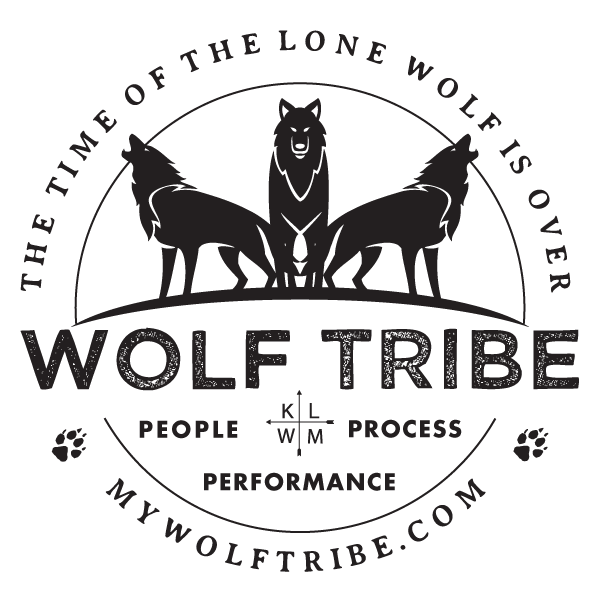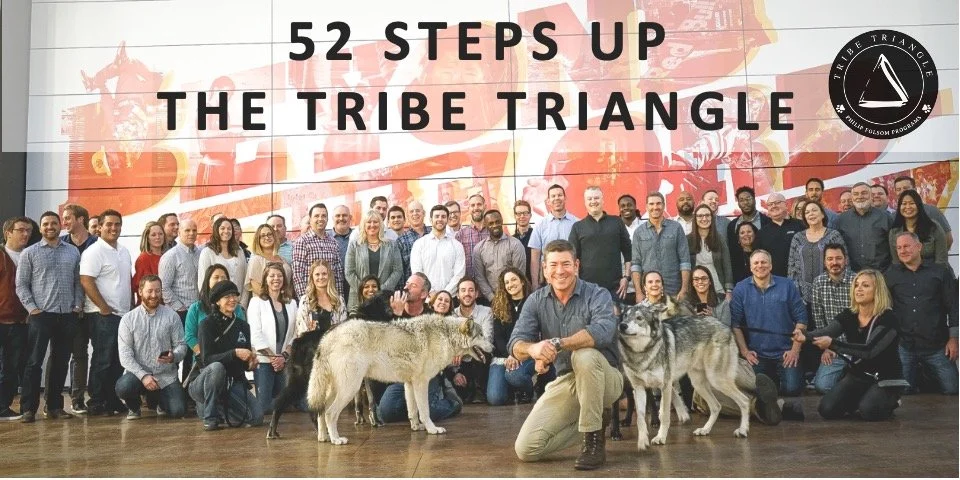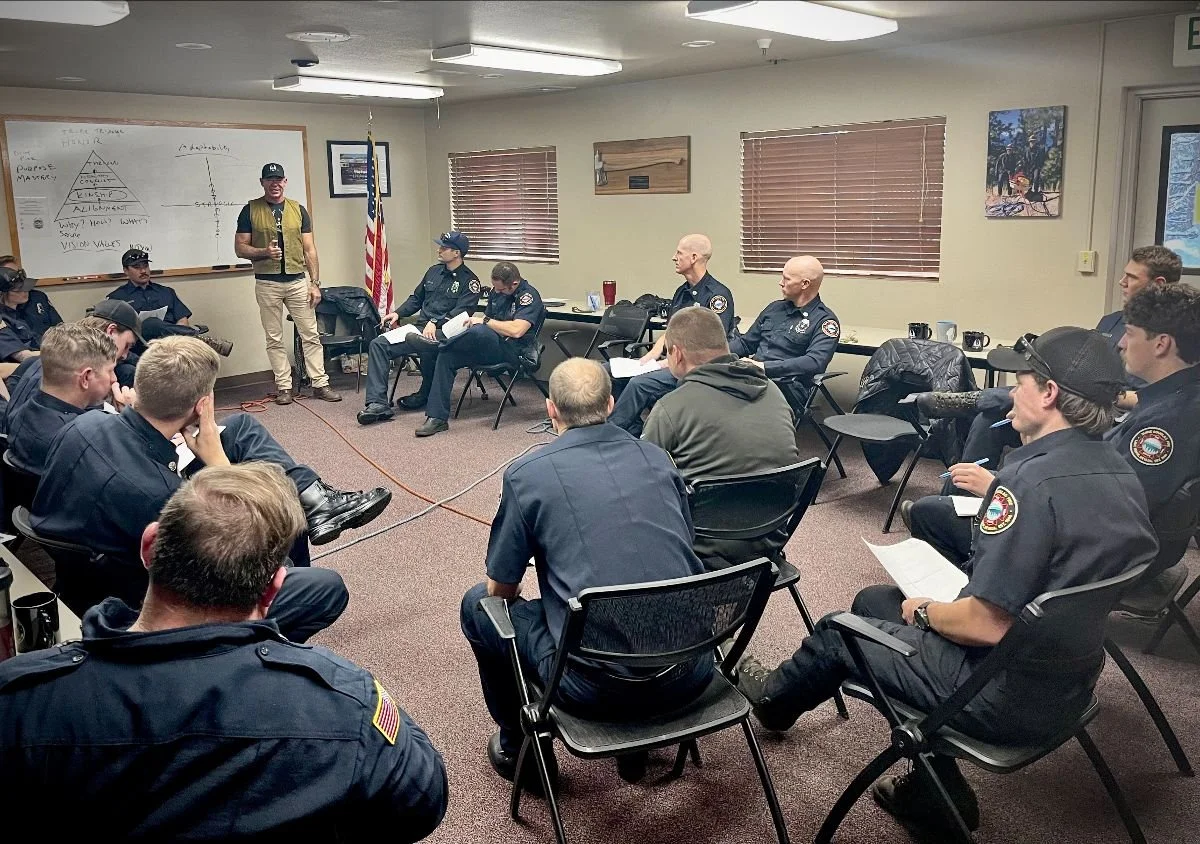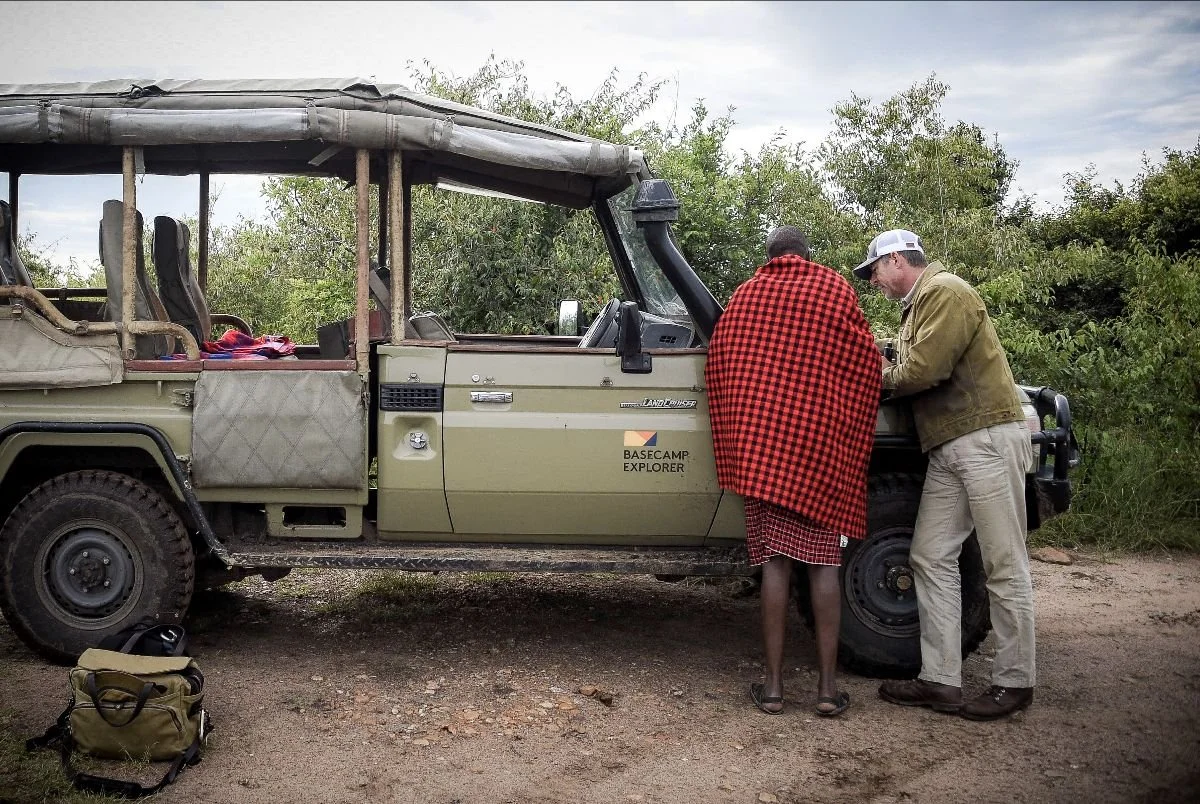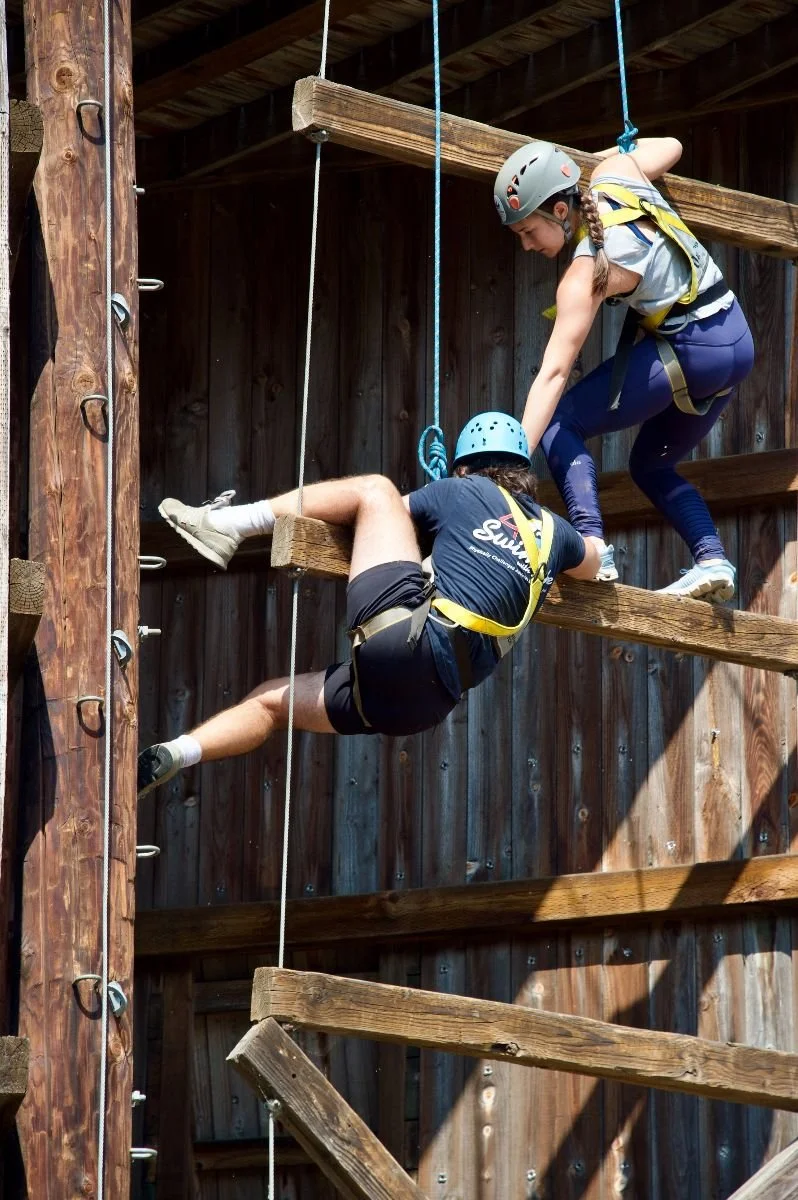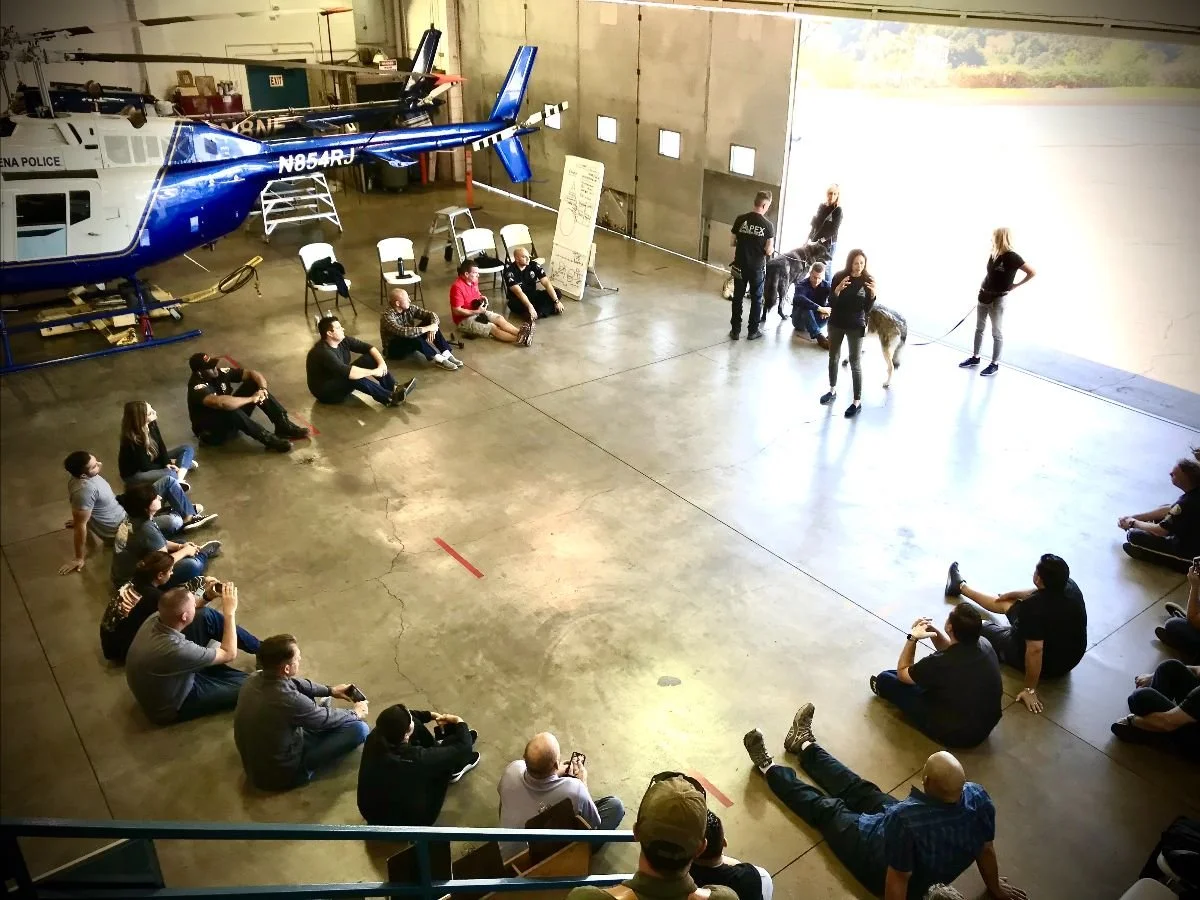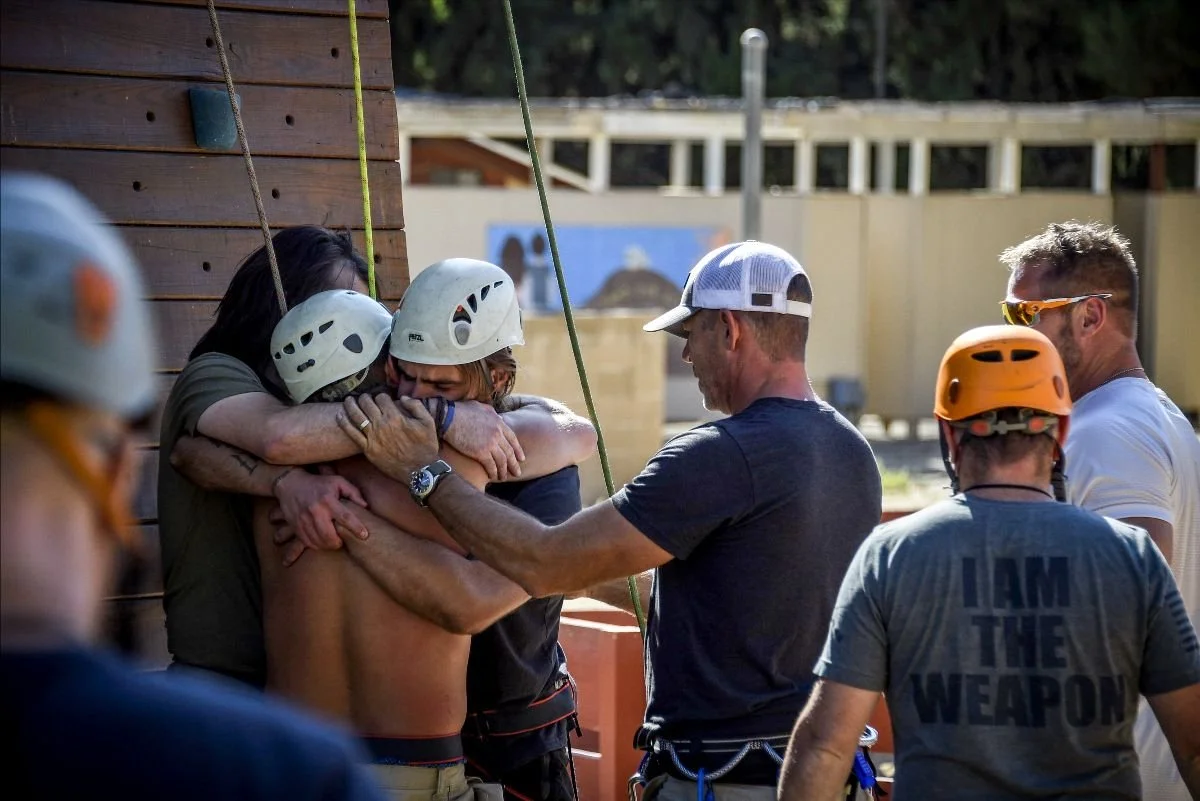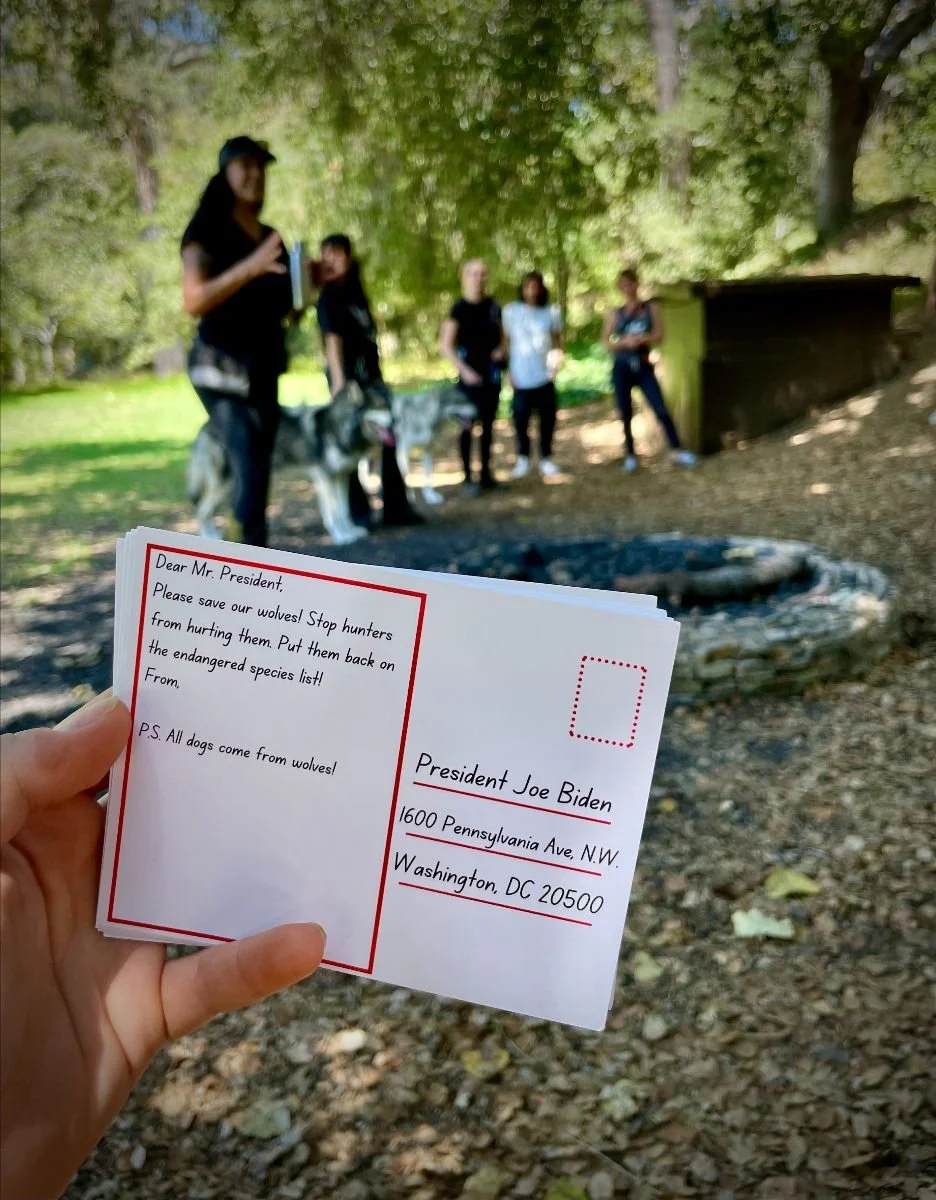Step 26 Up the Tribe Triangle: The Significance of Service
“Service to others is the rent you pay for your room here on earth.”
-Muhammad Ali
Service echoes through every level of the Tribe Triangle and is a core aspect of humanity itself. It is the capstone of the Kinship function of your tribe. Service is a key component of an honor-based culture because it inherently involves a duty to people and projects that are larger than ourselves. All forms of heroism in human history are performed in the service of others.
Service is a form of applied altruism and contributes to all other aspects of the kinship level of the Tribe Triangle including morale, kindness, friendships and appreciation. Kinship culminates in service.
In addition to being the apex behavior of the kinship level of our journey, it also establishes the behavior of the next level of the Tribe Triangle which is Healthy Conflict. We cannot successfully engage with all the greatness of healthy conflict without exploring and implementing service first.
In our individual-centric, pride-based culture, service is viewed as an optional, discretionary act that we may get to when we have the free time or resources. It is much more than that. Service is a survival protocol that enables us to persevere and succeed in the face of adversity.
When the famous anthropologist Margaret Mead was asked what the earliest example of civilization was, her response was not pottery, stone tools or fire, it was a healed femur.
Breaking your leg in the wilderness for almost every species on earth is a death sentence except for humans (and wolves which are our ancient ally). We regularly see healed bones in ancient human and wolf skeletons and this is evidence of the altruism of service. The tribe had to make tremendous sacrifices of movement, safety and resources to take care of an injured member.
“Helping someone else through difficulty is where civilization starts.”
-Margaret Mead
Humans are only powerful, resilient and successful when they are in aligned groups in kinship systems. Remember Ubuntu; I am because we are, and we are because I am. We are here to serve others and be served by others. We can see and feel the dysfunction of our pride-based culture in the obsession with individual rights being prioritized over the need of collective responsibility or service.
The movement towards almost complete self-interest and the culture of “Me” is visible in almost every facet of everyday life. It shows up as short-term materialism and immediate gratification competitiveness. Unfortunately, this attempt to get our individual needs met is doing completely the opposite and people have never felt more alone, isolated and lonely than ever before. This lack of belonging and service is the upstream rot leading to the skyrocketing mental and emotional symptoms of clinical anxiety, depression, addiction and suicide. People need other people and in order to do that they need to serve other people.
“The best way to find yourself is to lose yourself in the service of others.”
‒ Mahatma Gandhi
Leaders are especially impacted by the lack of service in a company and culture because leaders must embrace a purpose and a vision beyond themselves to find meaning in the sacrifices that are inherent in leadership. The service to others, and things larger than ourselves, is a universal component in every faith in history. Service is faith in action.
Service must also include service to self, Tribe Leader. If we continue to pour out, we will eventually have nothing left to give in the service of others. Sometimes this means simply getting appreciated which is something leaders do not get enough of. This dynamic may be part of your culture norms or perhaps it is because it appears that you do not need it. Both of these factors are worth investigating and you may find that as Head of Culture, you are the source of both. Recommit to the public and transparent modeling of service to yourself, your tribe and the world.
Click here To watch the video of Step 26: The Significance of Service
Leaders Must Write and Speak
Answer these questions in your journal by really writing them down. Discuss them with at least one of your most important people and really listen to their response.
What service does your family or company provide the community or world?
Is this clearly reflected in your shared vision statement?
Ubuntu,
Philip Folsom
